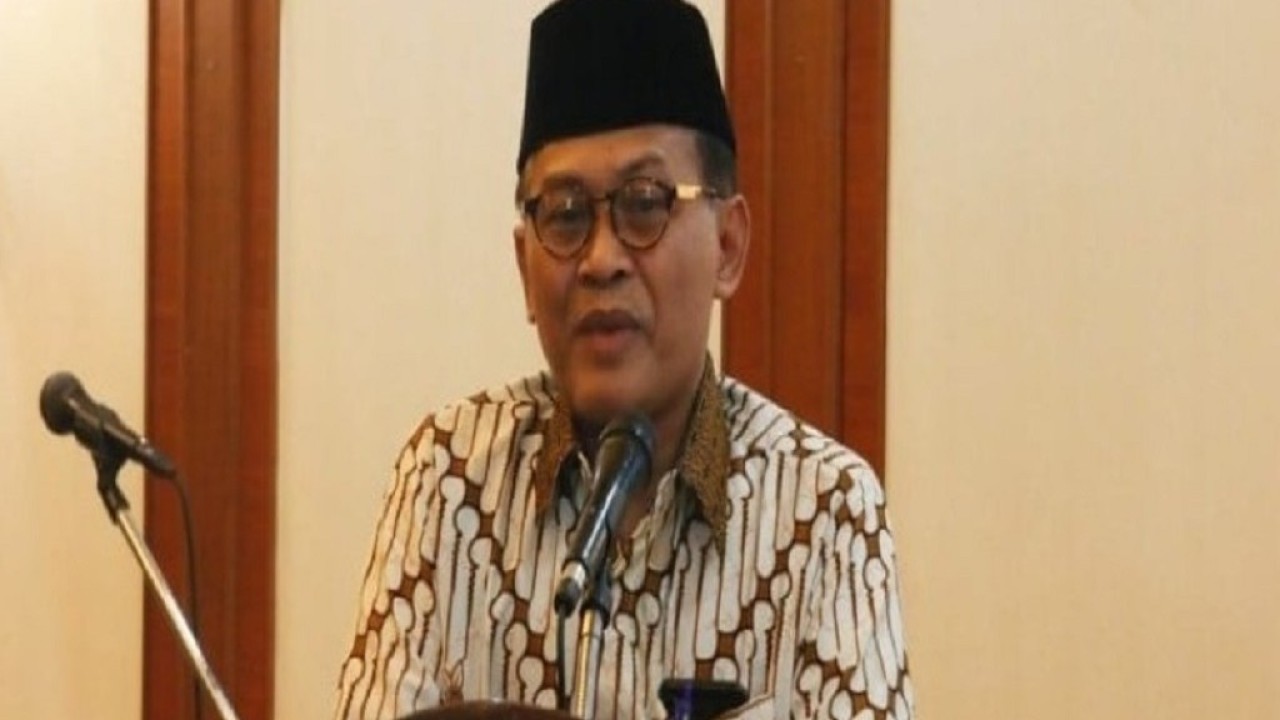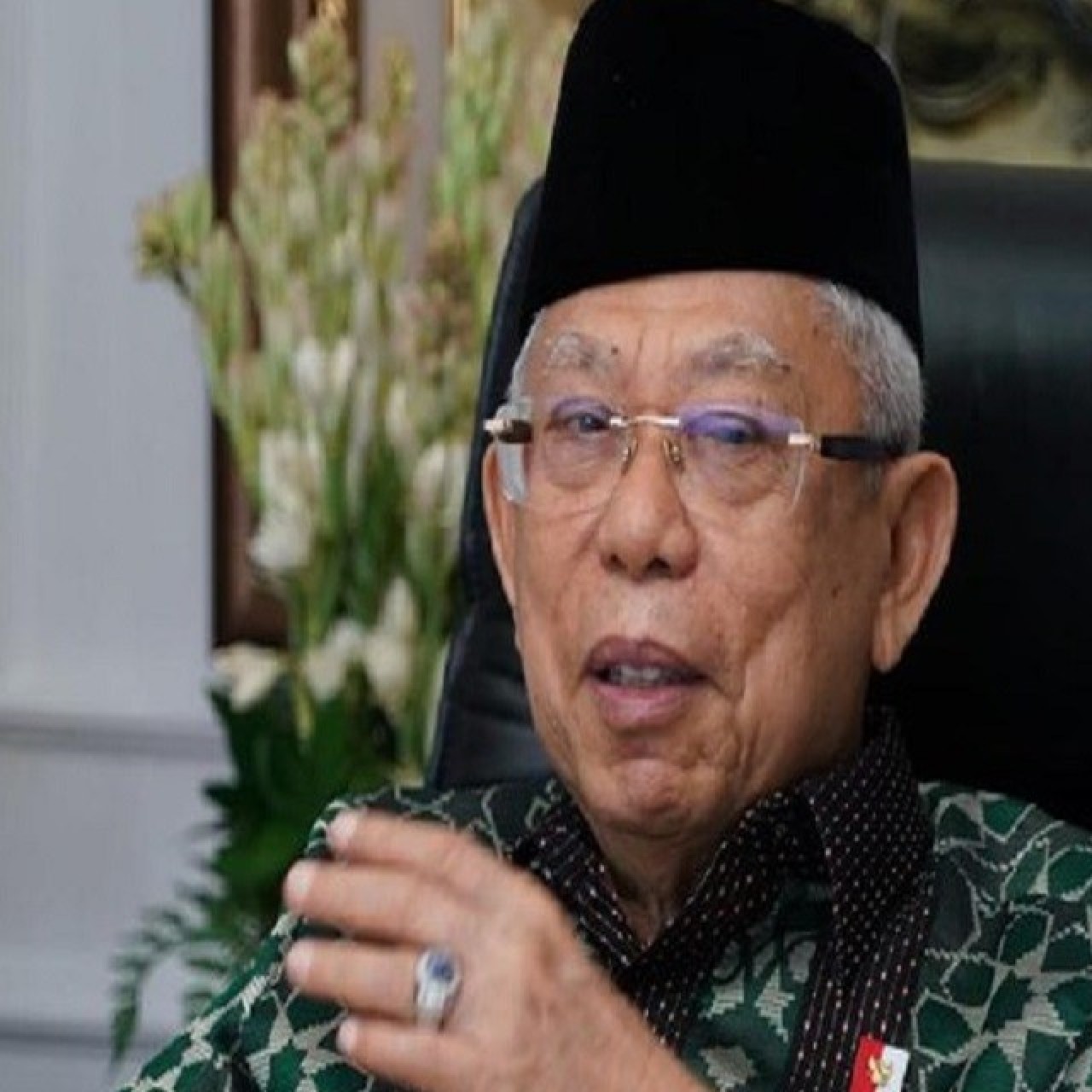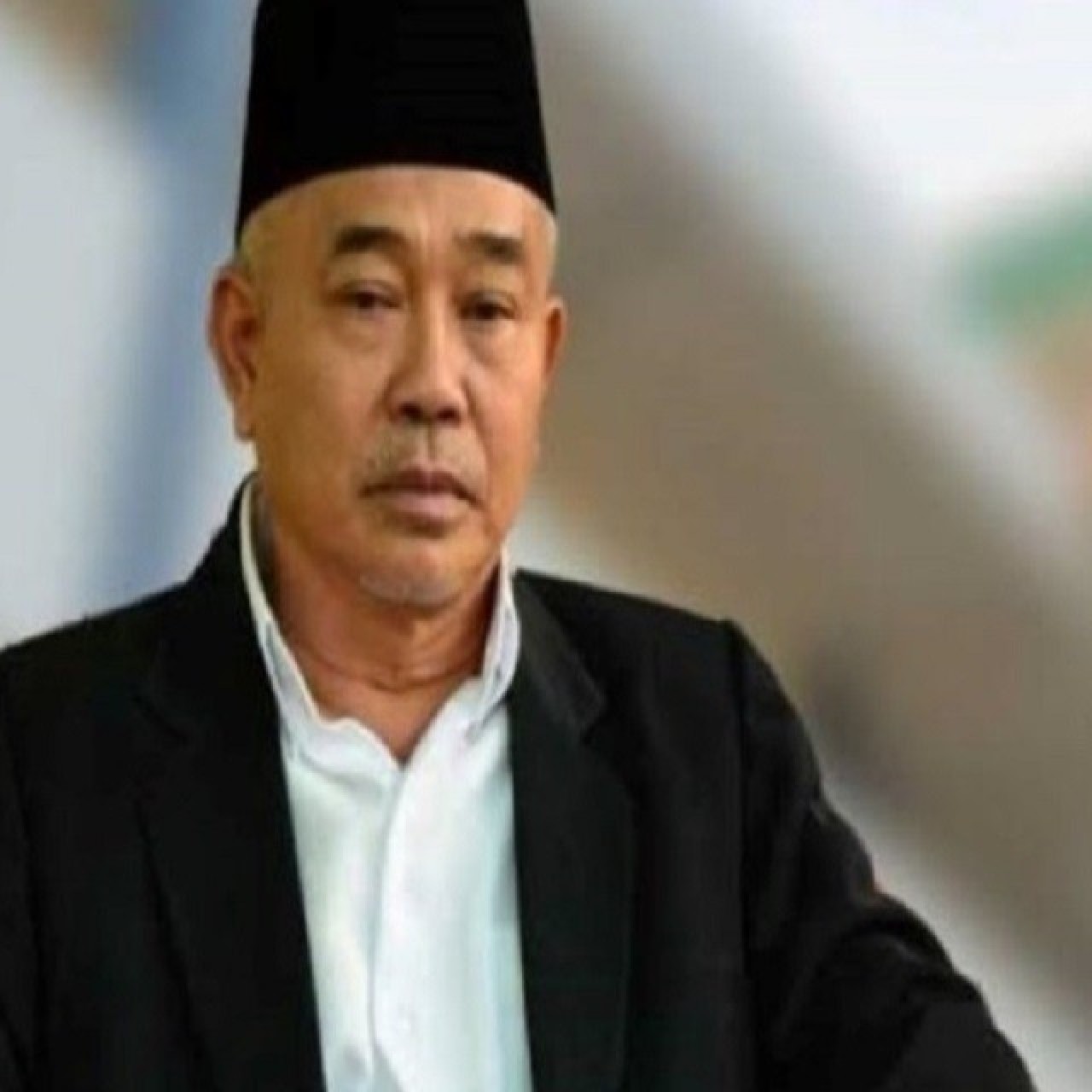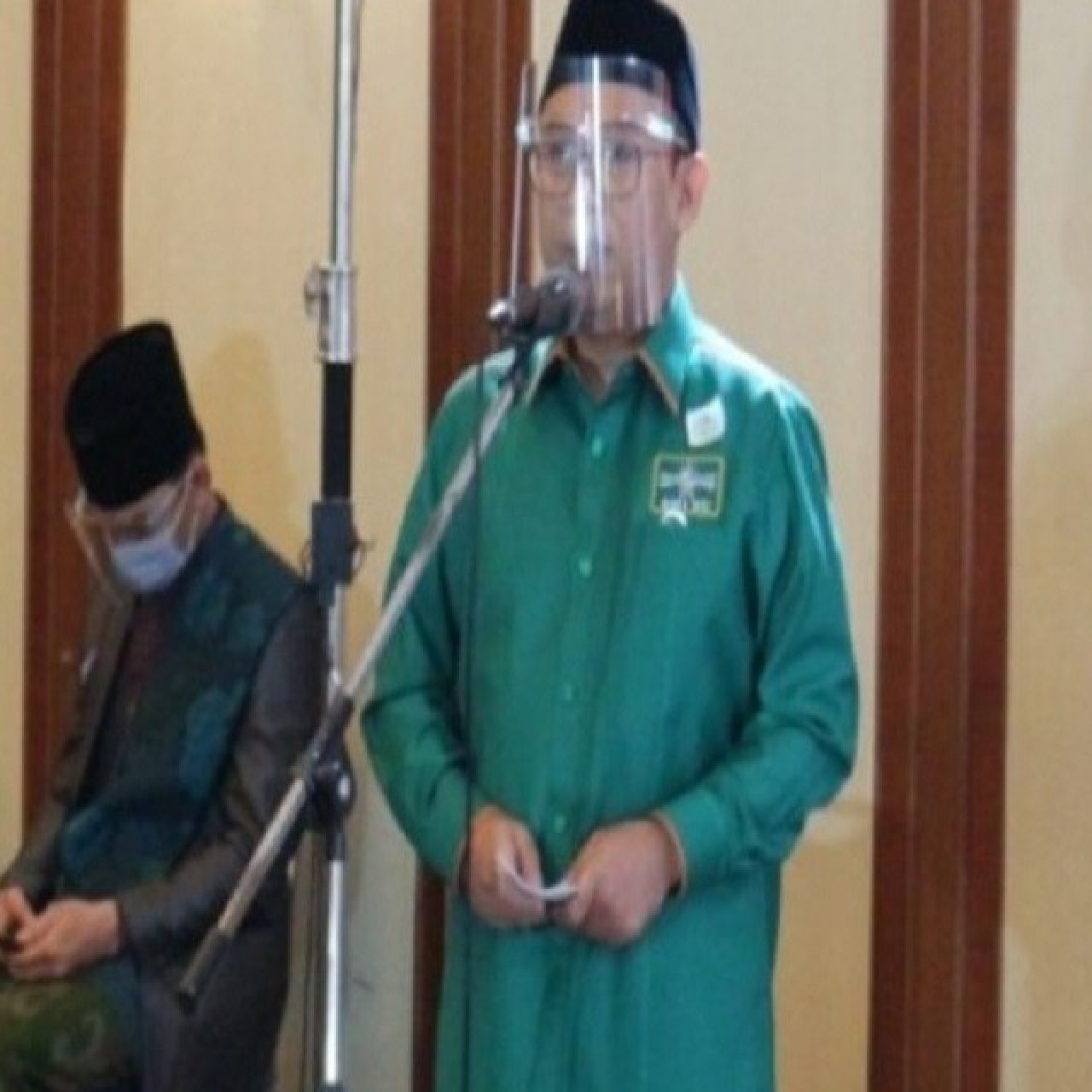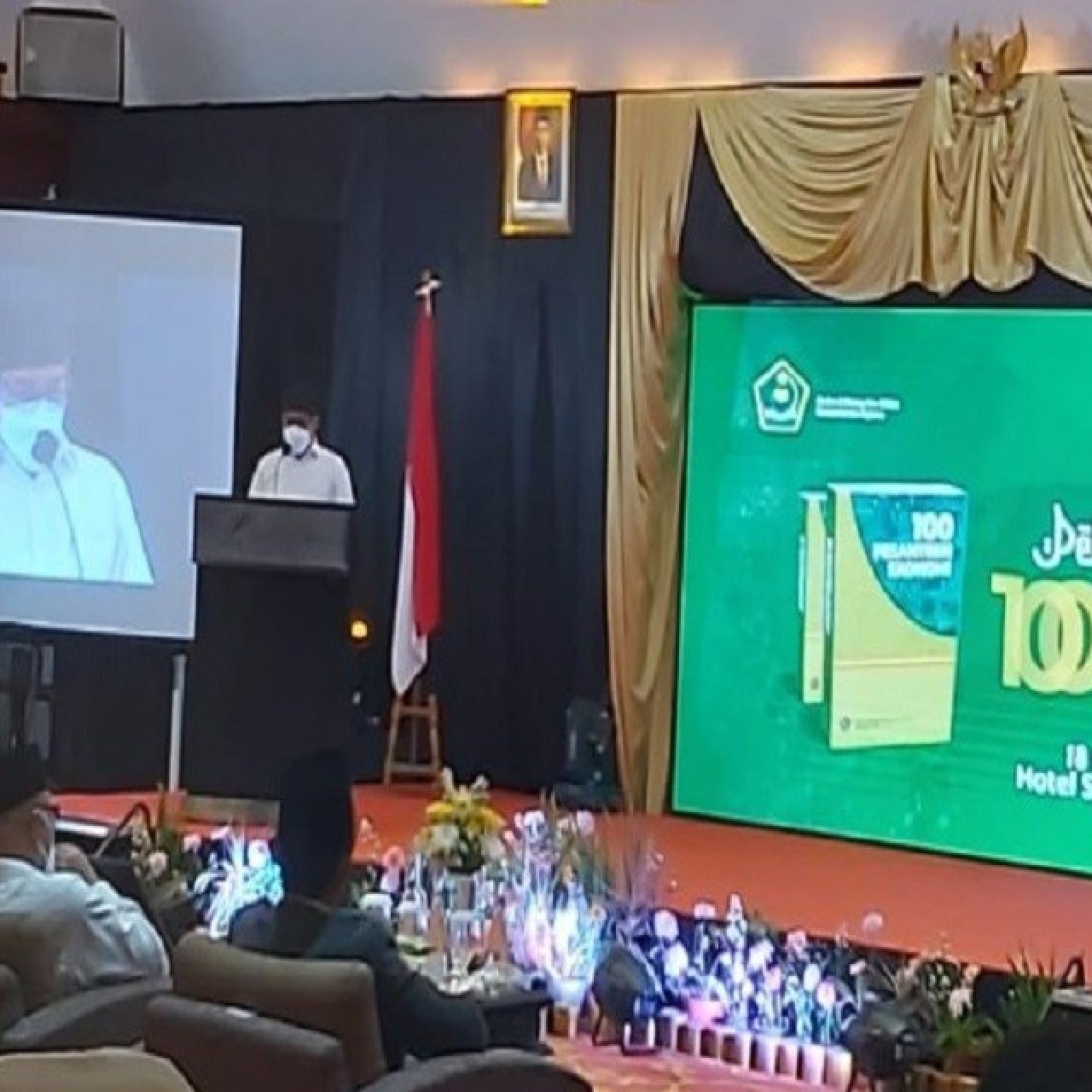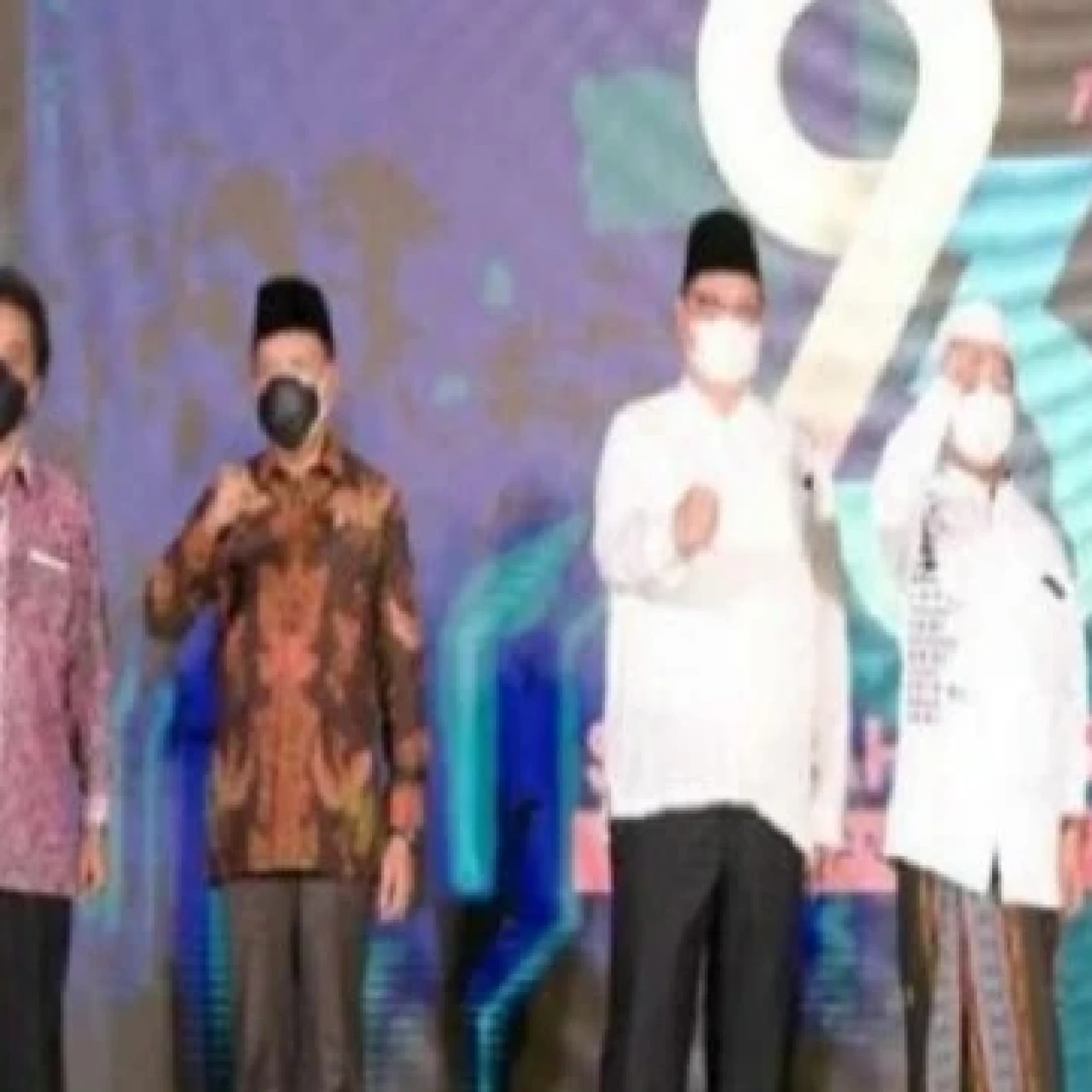Pesantren must be strengthened as form of Islamic-based public ethics
NU Online · Senin, 27 Desember 2021 | 07:52 WIB
Jakarta, NU Online
The Dean of the Islam Nusantara Faculty of the Indonesian Nahdlatul Ulama University (Unusia) Ahmad Suaedy reminded that the realm of Islamic boarding schools (pesantren) must be stronger ahead of the one century of Nahdlatul Ulama. The elimination of the pesantren realm from the political elite who was in power, he said, also meant the elimination of Islamic-based public ethics.
Ahmad Suady provided a historical description of this phenomenon that occurred during the time of Prince Diponegoro.
"So at that time in the so-called keraton (palace), Islamic ethics were developed, but then the invaders slashed it, and then Prince Diponegoro appeared, then he was arrested. So now we are suffering from the suppression of public ethics based on Islam Nusantara," he said on the Road to NU 34th Congress Series 12: Independence, State, and Society recently.
He recounted that in the past, the king's funeral ceremony would have required a very large amount of money. But the funds were taken from the personal treasure of the king, not taken from the royal treasure.
"So the difference between the king's and the kingdom's property, the king's or sultan's property is personal property. While the royal property belongs to the community. And then every inheritance distribution that is passed on to his son is the sultan's property, not the sultanate's property," he explained.
Unlike the current era when the generals, ministers, presidents died, they were buried at the expense of the state. According to him, this leaves the ethics of Islam Nusantara.
"Prince Diponegoro when he wanted to raise funds for the resistance at that time had the intention to give it to Sentot Alibasyah as the commander of the war but then he canceled he said weapons and money could not be one. So weapons must be held by the armed forces, then money must be given to others, to civilians," he explained.
According to him, what is happening in Indonesia today is not like that, and there are still many things like that that we must explore and enforce, and that is in Islamic boarding schools and NU.
"Well, I think it is necessary to make structural changes, I think it is necessary to reformulate civil society that serves the community. Now the way is to encourage the DPR and MPR to reconsider APBN spending that it must be more in favor of the people," he stressed.
Suady said that Indonesia could be said to be undergoing what is known as a democratic regression, namely democracy is going backwards, not going forward.
"In fact, it is getting worse because there are no checks and balances between the community and the state, between the people and the authorities. The existing parties are accumulating, the big parties are becoming one precisely to oppress them, they manipulate, build oligarchy, and elite hegemony," he said.
He further said that oligarchy and hegemony were not only in politics, but also in the economy. Especially in the APBN policy, it is more about defending the middle class.
He alluded to the previous speaker's statement that NU itself was perceived as a socio-religious group whose majority of the people do not get sufficient justice. "Or even earlier referred to by Pak Junaedi as the lower middle class," he said.
According to him, the reason for this is from a historical perspective, when NU became a political party, NU did not have a bachelor's degree cadre. For example, when it became a party in 1952, and the election in 1955, within the NU elite, there was not a single bachelor.
"Well, there is a structural reason, so by analyzing these historical or structural roots, maybe we could look for some other way out or solution. Well, actually we could see it from both cultural and structural sides. But, maybe it's more useful if we look at it structurally," he explained.
He explained that actually NU had been involved in politics since independence. NU joined the Masyumi Party, then became a party, and in 1973 it became part of the PPP.
"Why can't NU immediately get out of the gap, this is a very big problem, and I think its roots are in colonialism, namely the suppression by secularization carried out by the colonials," said Suaedy in a web seminar held by NU Online in collaboration with the Faculty of Islam Nusantara Unusia.
Contributor: Malik Ibnu Zaman
Editor: Sudarto Murtaufiq
Terpopuler
1
Khutbah Jumat: Ramadhan dan Kesempatan yang Tidak Selalu Terulang
2
Innalillah, Ulama Mazhab Syafii asal Suriah Syekh Hasan Hitou Wafat dalam Usia 83 Tahun
3
Kultum Ramadhan: Lebih Baik Sedikit tapi Istiqamah
4
Khutbah Jumat: Ramadhan, Melatih Sabar, Memperkuat Syukur
5
Keluar Mani yang Tidak dan Membatalkan Puasa
6
Khutbah Jumat: Tiga Kebahagiaan Orang Puasa
Terkini
Lihat Semua

